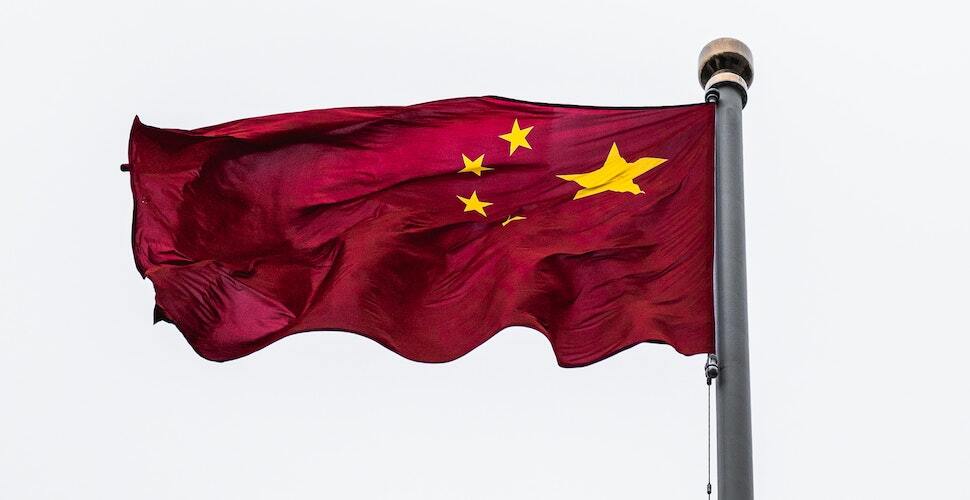Despite ongoing concerns about forced labor in the Uyghur Region from human rights advocates, the United Nations, scholars and the Uyghur diaspora, China boasts about not just ongoing labor schemes there but 456,000 new jobs over the first 10 months of 2023.
Adding insult to injury, Chinese authorities say this is proof of a “happy and harmonious” Uyghur society.
Forced labor to maintain surveillance
Uyghur experts argue that many of the reported jobs involve forced labor, with individuals coerced into employment under conditions that violate international standards. Detained Uyghurs, including those in vocational internment camps, are often subjected to such labor.
Kurban Niyaz for Radio Free Asia reports,
Authorities are relying on the forced labor to maintain surveillance of these people, said Ilshat Hesen Kokbore, the Washington-based head of the Chinese Affairs Committee of the World Uyghur Congress
“The primary objective of such arrangements is to subject them to Chinese surveillance and control throughout their workday, ultimately aiming at eradicating the Uyghur nation.” Kokbore said.
Individuals compelled to work in factories in Xinjiang or in Chinese provinces are not voluntary participants, he said. Instead, local authorities are using coercive measures, and many receive only a fraction of regular wages – which is internationally recognized as forced labor, he said.
China desperately needs Uyghurs to fill these jobs, which lack technical complexity and are less favored by Chinese workers, experts said.
Uprooted from their communities
Previously, the Coalition to End Forced Labour in the Uyghur Region, advised companies against suppliers in the Uyghur Region. However, now it is clearer that the forced labor scheme has implications even further afield.
Adrian Zenz, an expert on the Uyghur Region, highlights two related prongs of the forced labor scheme. The first involves shifting detained individuals to work within camp compounds or nearby facilities, while the second, tied to China’s “poverty alleviation” policy, places Uyghur rural surplus laborers in programs not directly linked to internment camps.
“They’re uprooted from communities and live on secure factory compounds, so there’s a lot of government intrusion going on here in this scheme.”
This is bad news for any companies with Chinese factories somewhere in their supply chain – they are potentially at risk of benefitting from and propping up a forced labor system.
Join the movement
Freedom United, which sits on the steering committee of the Coalition, has gathered over 90,000 signatures calling for an end to forced labor in the Uyghur Region.
Help us keep up the current momentum and add your name today.







Freedom United is interested in hearing from our community and welcomes relevant, informed comments, advice, and insights that advance the conversation around our campaigns and advocacy. We value inclusivity and respect within our community. To be approved, your comments should be civil.